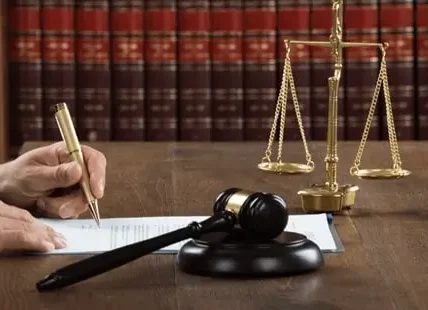International Court of Justice Deems Israeli Settlement Policies in Breach of International Law
On July 19, 2024, the International Court of Justice (ICJ) declared that Israel’s settlement policies in the occupied Palestinian territories violate international law. This ruling aligns with longstanding international consensus and several United Nations resolutions condemning Israeli settlements as illegal under international law. The ICJ emphasized that these settlements breach the Fourth Geneva Convention, which prohibits the transfer of an occupying power’s civilian population into occupied territories.
Historical Context of Israeli Settlements
Israeli settlements have been a contentious issue since Israel captured the West Bank, Gaza, and East Jerusalem in the 1967 Six-Day War. Over the decades, successive Israeli governments have facilitated the establishment and expansion of settlements in these territories, leading to significant demographic changes and heightened tensions with the Palestinian population. The international community, through various UN resolutions, has consistently deemed these settlements illegal, citing their role in undermining the prospects for a two-state solution.

Legal Implications of the ICJ Ruling
The ICJ’s ruling reinforces previous legal opinions, including its 2004 advisory opinion which concluded that the Israeli settlements were established in violation of international law. The court highlighted Israel’s obligations under multiple international treaties, such as the International Covenant on Civil and Political Rights and the International Covenant on Economic, Social and Cultural Rights, to respect the human rights of Palestinians. Israel, as the occupying power, is required to protect the rights and well-being of the Palestinian population under its control.
Human Rights Violations Linked to Settlements
Numerous human rights organizations, including Amnesty International, have documented extensive violations resulting from Israel’s settlement policies. These include:
- Right to Life: Unlawful killings and injuries of Palestinian civilians by Israeli security forces and settlers.
- Right to Liberty and Security: Arbitrary detention and unfair trials for Palestinians in military courts, while Israeli settlers are subject to civil law.
- Right to Adequate Housing: Demolition of Palestinian homes and forced evictions, often without adequate alternatives.
- Freedom of Movement: Severe restrictions on Palestinians’ movement due to checkpoints, roadblocks, and the separation barrier.
International Response and Future Prospects
The ICJ ruling has elicited varied responses from the international community. Palestinian representatives have welcomed the decision, viewing it as a critical step towards justice and accountability. Conversely, Israeli officials have dismissed the ruling, maintaining that settlement policies are a matter of national security and sovereignty.
The United Nations General Assembly had earlier requested this advisory opinion from the ICJ, reflecting widespread international concern over the settlements’ impact on the Israeli-Palestinian conflict. The ruling underscores the need for renewed international efforts to address these issues, including potential sanctions and diplomatic measures to enforce compliance with international law.
Impact on Peace Process
The ICJ’s decision may have significant implications for the stalled peace process between Israel and Palestine. By reaffirming the illegality of the settlements, the court’s ruling could pressure Israel to halt further expansion and possibly dismantle existing settlements. This, in turn, might pave the way for a revival of negotiations aimed at achieving a viable two-state solution, though substantial political will and international support would be necessary to realize such an outcome.

Our dedicated team gathers information from all the reliable sources to make the law accessible and understandable for everyone. We provide the latest legal news stories from across the country, delivered straight to you.













